The Intriguante—Women of Intrigue in Film Noir series at the Skirball Cultural Center continues at 8 p.m. Thursday, Feb. 12, with a movie starring the grande dame of film noir: Barbara Stanwyck.
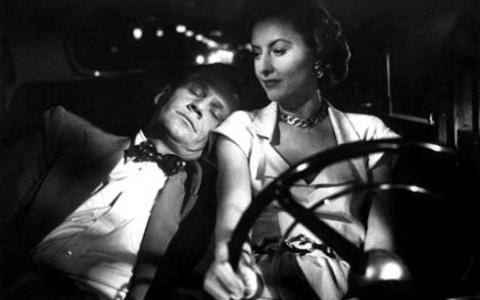
Thelma Jordon (Barbara Stanwyck) asks: Why bother to evade the law when you can simply seduce a lawman? Wendell Corey plays her snoozing companion.
In “The File on Thelma Jordon” (1950, Robert Siodmak), a film-noir melodrama, Stanwyck’s Thelma is a woman with a past and an ex-boyfriend who convinced her walk on the bad side. But rather than try to evade the law, she decides instead to seduce a married district attorney (Wendell Corey). When Thelma’s aunt is murdered, the DA is definitely the dude to have on her side. Still, guilt has a way of getting the best of a person, and it even gets to the cool, clever and mightily destructive Ms. Jordon.
Siodmak’s crisp, stylish directing paired with a tight script and Stanwyck’s powerful characterization make “The File on Thelma Jordon” a delightful big-screen treat.
Six years before “Thelma Jordon,” Stanwyck made “Phantom Lady” with Siodmak. Of course, one of Stanwyck’s most famous roles was as the murderous Phyllis Dietrichson in 1944’s “Double Indemnity,” directed by Billy Wilder. Stanwyck and co-star Fred MacMurray took a risk by playing such dark characters in that they might alienate their fan base. But the risk paid off and they proved remarkably capable of playing a range of roles.
Stanwyck went on to star in many more film-noir titles, including “The Strange Love of Martha Ivers,” “The Two Mrs. Carrolls,” “Sorry, Wrong Number,” “No Man of Her Own,” “Clash by Night,” and “Crime of Passion.”
Admission is $10 general; $7 seniors and full-time students; $5 members. The exhibitions Light & Noir: Exiles and Émigrés in Hollywood, 1933–1950 and The Noir Effect will remain open until 8 p.m.
The exhibitions close on Sunday, March 1. If you haven’t seen them yet, what are you waiting for?! At 11 a.m. on March 1, the center will screen the PBS documentary Cinema’s Exiles: From Hitler to Hollywood, which explores the impact of movie icons such as Wilder, Fritz Lang, Fred Zinnemann and Marlene Dietrich.
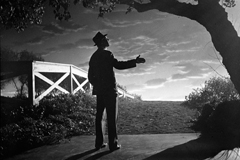






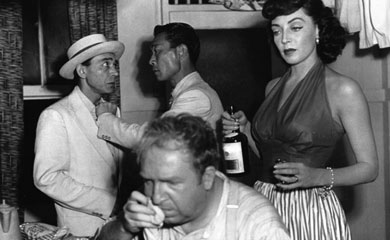
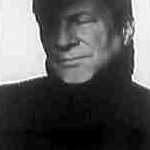
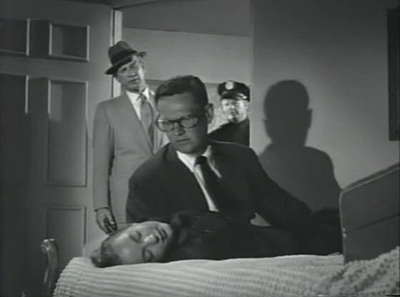





From FNB readers